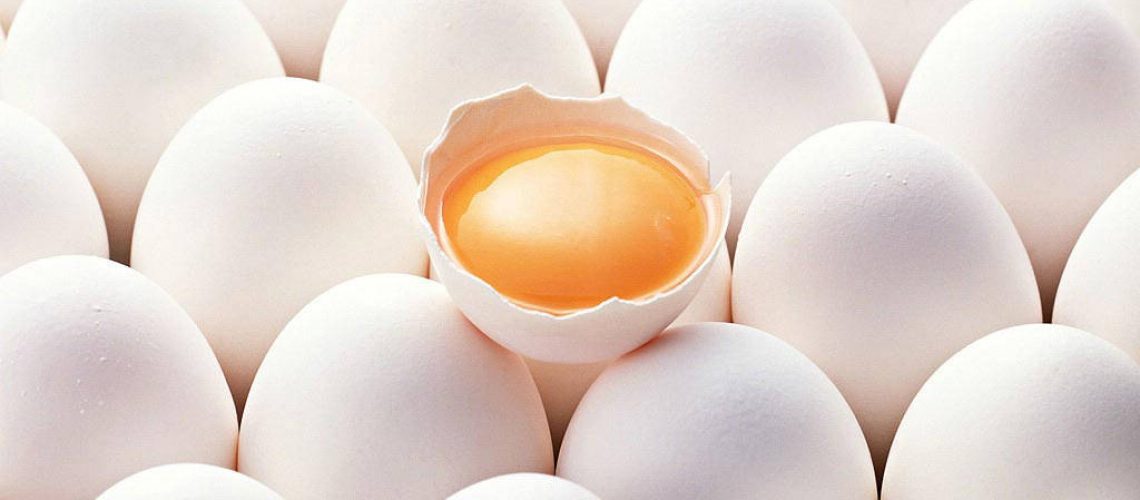Eggs are a versatile and nutritious food that is consumed by people around the world. When it comes to eggs, most people are familiar with chicken eggs. However, there is another type of egg that is gaining popularity – duck eggs. Duck eggs offer a unique set of qualities and characteristics that differentiate them from their chicken counterparts. In this comprehensive guide, we will explore the nutrition, benefits, and more of duck eggs and compare them to chicken eggs.
Nutrition Profile:
Both duck eggs and chicken eggs are highly nutritious, but they differ slightly in their composition. Duck eggs are generally larger than chicken eggs and have a richer yolk. Here is a breakdown of the nutritional content per 100 grams of each type of egg:
Duck Egg:
- Calories: 185
- Protein: 12.8 grams
- Fat: 13.8 grams
- Cholesterol: 619 milligrams
- Vitamin A: 472 IU
- Vitamin B12: 3.8 micrograms
- Vitamin E: 3.0 milligrams
- Iron: 3.5 milligrams
Chicken Egg:
- Calories: 155
- Protein: 12.6 grams
- Fat: 10.6 grams
- Cholesterol: 373 milligrams
- Vitamin A: 317 IU
- Vitamin B12: 0.9 micrograms
- Vitamin E: 1.0 milligram
- Iron: 1.2 milligrams
As you can see, duck eggs contain higher amounts of calories, protein, fat, cholesterol, vitamin A, vitamin B12, vitamin E, and iron compared to chicken eggs. This makes duck eggs a more nutrient-dense option for those who are looking for a rich source of essential nutrients.
Benefits of Duck Eggs:
- Nutritional Density: Due to their higher nutritional content, duck eggs provide more essential nutrients per serving compared to chicken eggs. They are particularly rich in vitamin B12, which is essential for the production of red blood cells and neurological function.
- Allergy-friendly: Some individuals who are allergic to chicken eggs may find that they can tolerate duck eggs. The proteins in duck eggs differ from those in chicken eggs, which means that people with egg allergies may be able to consume duck eggs without experiencing adverse reactions.
- Culinary Versatility: Duck eggs have a unique taste and texture, which makes them a popular choice for cooking and baking. They have a richer and creamier yolk, which adds depth of flavor to dishes such as omelets, custards, and cakes.
- Longer Shelf Life: Duck eggs have a thicker shell compared to chicken eggs, which makes them more resistant to breakage. Additionally, their thicker membrane helps to reduce moisture loss, resulting in a longer shelf life compared to chicken eggs.
Considerations:
While duck eggs offer several benefits, there are also a few considerations to keep in mind:
- Price and Availability: Duck eggs are generally more expensive and less readily available than chicken eggs. They are often sold at specialty markets or directly from farmers. If you are considering incorporating duck eggs into your diet, it’s important to factor in the potential increase in cost and availability.
- Size and Cooking Adjustments: Duck eggs are larger than chicken eggs, which means that cooking times and measurements may need to be adjusted when using duck eggs in recipes. It’s advisable to experiment and make adjustments based on personal preference and the specific recipe being used.
- Cholesterol Content: Duck eggs have a higher cholesterol content compared to chicken eggs. While dietary cholesterol doesn’t have as significant an impact on blood cholesterol levels as previously believed, individuals with certain health conditions, such as cardiovascular disease, may need to moderate their intake of high-cholesterol foods, including duck eggs.
Conclusion:
Duck eggs offer a nutrient-dense alternative to chicken eggs with a distinct flavor and culinary versatility. They are rich in essential nutrients and can be enjoyed by individuals who may be allergic to chicken eggs. However, their higher cost, limited availability, and higher cholesterol content are important factors to consider. Ultimately, the choice between duck eggs and chicken eggs depends on personal preference, dietary needs, and availability. Whether you decide to explore the unique qualities of duck eggs or stick with the familiar chicken eggs, both options provide a nutritious addition to a balanced diet.
Nutrition plays an important role in human life. Eating habits are one of the factors that affect our health. There is often a misconception among people that nutritionists force a very restrictive diet, but that is not true. In fact, I don’t ban any products, but I point out dietary mistakes and help change them by giving tips and new recipes that I’ve tried myself. I advise my patients not to resist change and to be purposeful. Only with willpower and determination can a good result be achieved in any area of life, including changing eating habits. When I don’t work, I love to go climbing. On a Friday evening, you are most likely to find me on my couch, cuddling with my dog and watching some Netflix.
[email protected]
- Benefits of Buchu Supplements - September 15, 2023
- What are the Best HHC-P TINCTURES - September 15, 2023
- What are the Best HHC-P TINCTURE - September 15, 2023



